
Tips from a dietitian about what to eat after a tonsillectomy
The pain associated with tonsillitis or tonsillectomies can make eating food very daunting for children. Yet it is important to have optimal nutrition during this time, especially during recovery from surgery.
Whilst offering your child ice cream is better than them not eating at all, it is imperative to firstly make an effort with a variety of other, more nutritious foods. Generally children will not allow themselves to go hungry. This means that they should eventually come around to the softer, healthier foods you are offering – so long as you don’t offer them ice cream as a fall back option!
What to eat
The following options are both nutritious and appropriate during tonsillitis flare ups and after tonsillectomy surgery.
Dairy foods
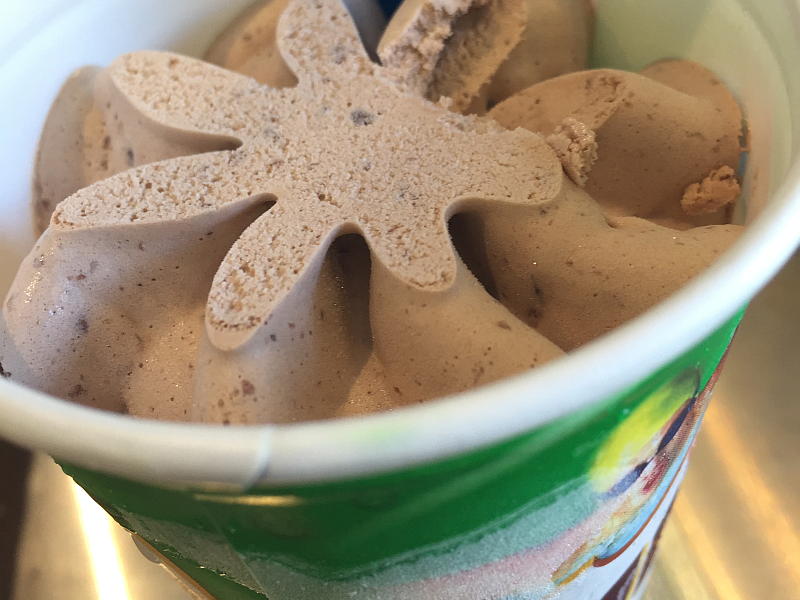
Dairy foods are excellent during tonsillitis flare ups or post surgery. They are high in protein, energy and calcium so they help to maintain good nutrition. Additionally, they are soft in texture and therefore easier to eat.
Whilst children over the age of 2 can have fat reduced dairy, swap to the full cream varieties whilst their food intake is reduced – this will help to keep their energy intake up so that they do not lose weight.
Examples include:
- Yoghurt – this can be from a tub or in the form of drinking yoghurt
- Milk – A glass of plain milk is nutritious and can be mixed with a small amount of flavouring if this is more appealing to your child. “Sustagen for Kids” is a great flavouring agent that can also be used to provide nutritional supplementation if required
- Soft cheese – Cheese sticks or cheese spread on soft bread
- Ice cream – This should not be offered frequently or as a main food source but can be used as a discretionary food
- Custard – this can be used in small amounts to make fruit more enticing
- Smoothies can be made to as well incorporate fruit
Vegetables
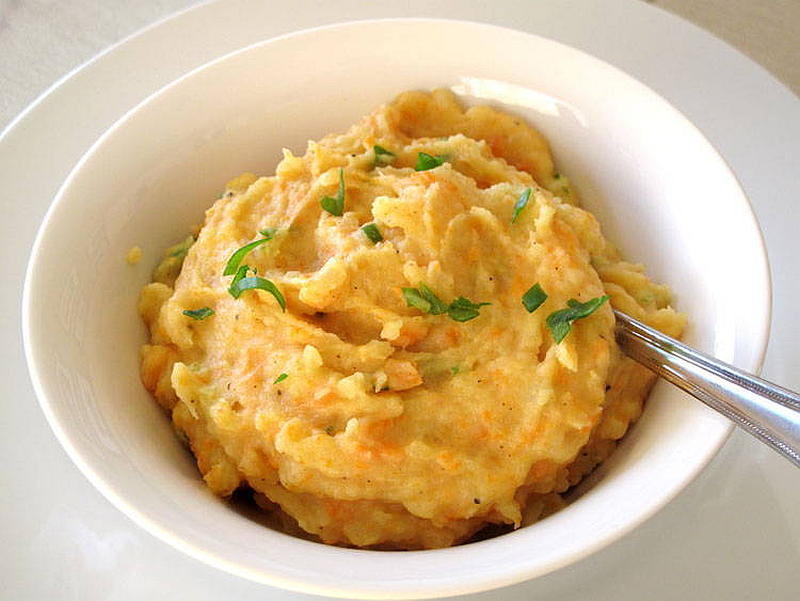
Some children don’t enjoy vegetables at the best of times but they are still a very important and easy source of vitamins and minerals! They can also be prepared in a way that makes them ideal whilst experiencing mouth pain.
- Mashed potato/ sweet potato/ pumpkin – this is an easy texture to consume and other pureed vegetables can be disguised in the mash, if desired. Full cream milk and some margarine can also be added to increase the protein/ energy content and make it smoother
- Steamed or boiled vegetables – steaming and microwaving vegetables are the best methods to retain nutrients. However boiling will also produce a soft texture. Cook vegetables until they are very soft and easy to swallow, cheese can be added if your child is more inclined to eat them.
- Smooth Soups e.g. pumpkin, potato and leek can all be pureed with other vegetables to produce smooth textured soups.
Suitable vegetables include potatoes, pumpkins, broccoli, carrot, cauliflower, mushy peas and any other vegetables that can be made soft and that your child likes. Raw salad vegetables will likely be harder to tolerate.
Fruit
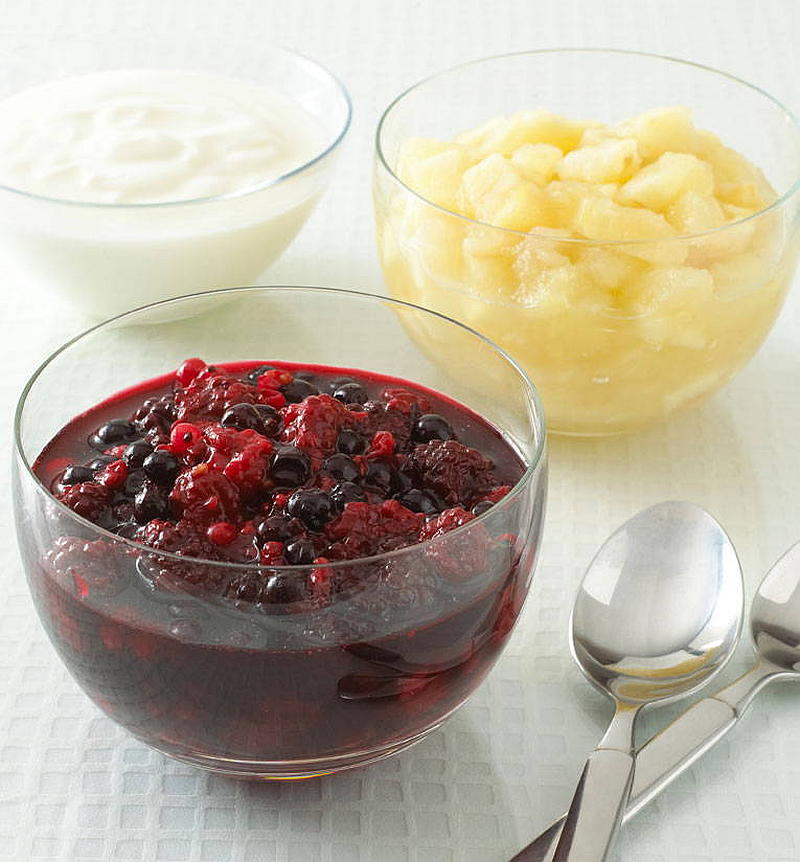
Fruit is another great way to provide essential vitamins and minerals.
Tips on how to prepare fruits include:
- Well stewed or baked fruit – These cooking processes can make fruit in to an easy to eat texture and can be enjoyable for children e.g. apple, rhubarb, pear. A small amount of natural sweetener can be used if necessary e.g. honey, agave.
- Pureed fruit – this can be store bought to remove the hassle of preparing it yourself.
Protein
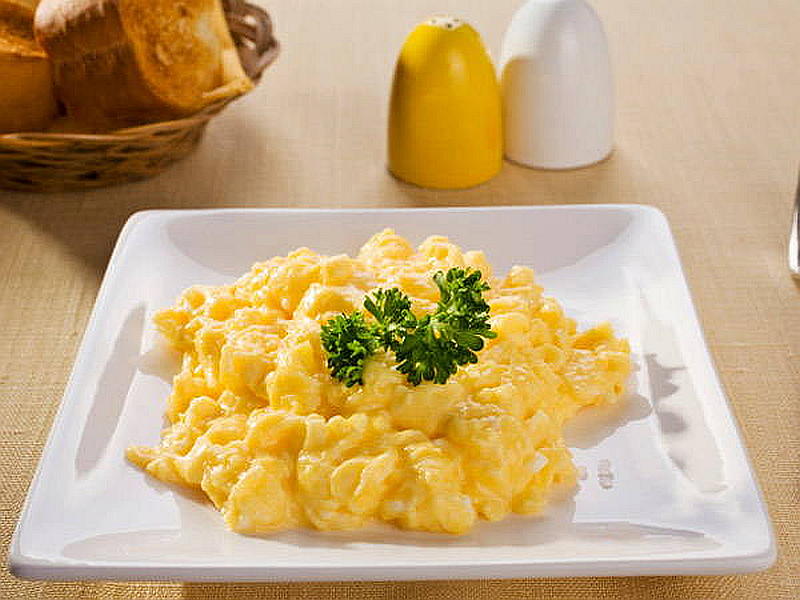
- Eggs – a great option as boiled, scrambled and poached eggs are a wonderful source of protein and are easy to eat. Omelettes are also a great way to add in other vegies and dairy.
- Mince – minced chicken, beef or pork can be mixed with a sauce and added to well cooked pasta. This option may be better handled a few days after tonsil surgery.
- Fish – fish that has not been battered can be prepared so that it is very soft and easy to swallow. Remove any bones and ensure it is not too dry.
- Beans and legumes are another good source of protein and can be mashed to make a smooth paste.
- Tofu
- Try small amounts of peanut butter on soft bread.
Grains
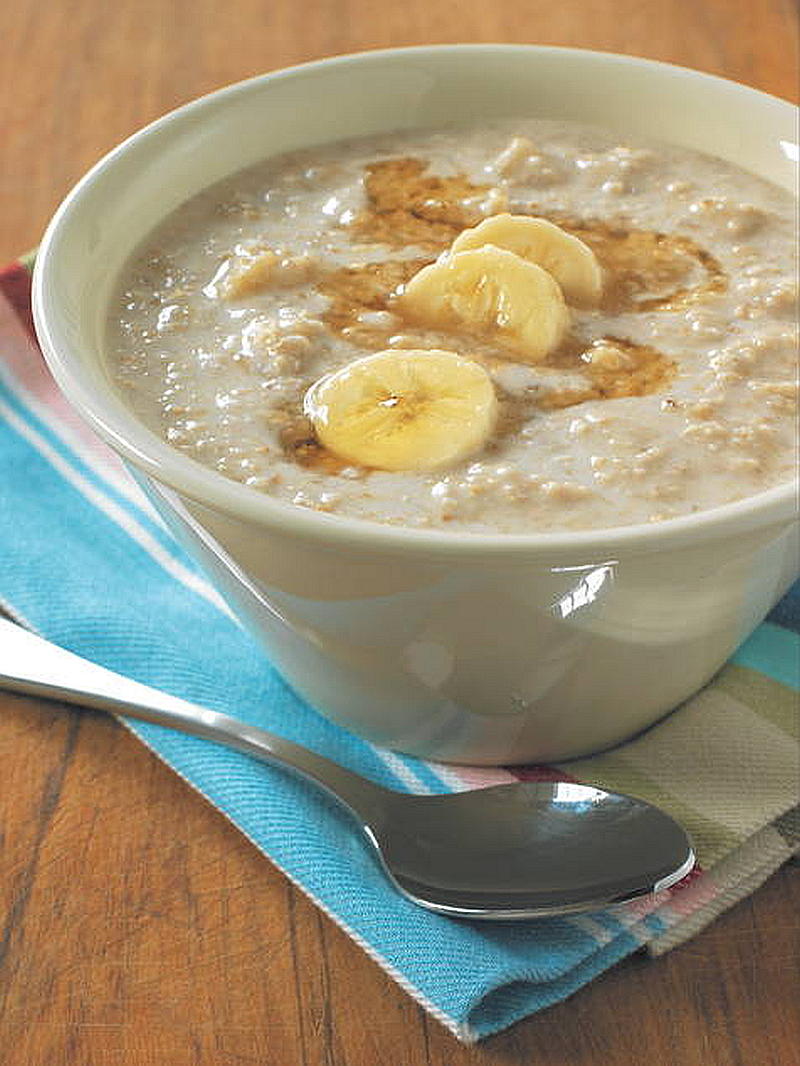
This food group is important to include in your child’s diet as it provides a significant amount of fibre, energy and other nutrients. Fibre is particularly important if your child is on pain medication that often encourages constipation.
Examples of grains include:
- Well cooked pasta in sauce or tinned spaghetti
- Soft bread with crust removed and soft fillings e.g. smooth peanut butter, egg with mayonnaise, cream cheese
- Well cooked rice
- Soft cereal – Cereal that has been softened in milk e.g. weet-bix / porridge with a small amount of honey, Rice Bubbles or Sultana Bran.
Fluids
It is important to keep well hydrated when recovering from tonsil removal surgery. This will assist in keeping your child’s mouth from getting dry (and making it even more difficult to eat) as well as playing a big role in keeping bowel motions regular.
Whole fruit and water is better than fruit juice. However, if your child is struggling to eat much, fruit juice is a good way to get some additional energy in. Just ensure it does not irritate their throat if it is very acidic.
What to avoid
- Hot foods – Wait for freshly cooked meals to cool slightly before serving.
- Spicy foods – Avoid using any spices or chilli
- Sour foods
- Fibrous foods e.g. celery and other stringy vegetables
- Tough, hard, dry foods – This can include dry/overcooked meat
Additional tips
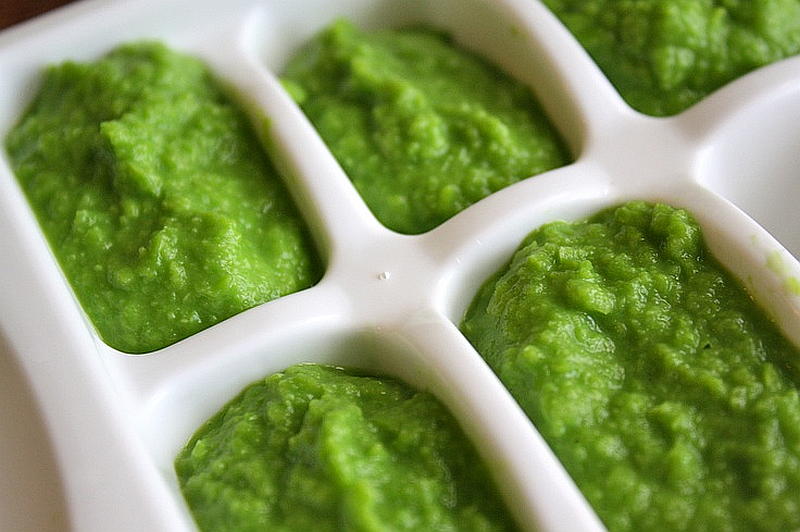
Prepare food in bulk and store in small portions. This will save waste and prevent having to frequently cook new meals. For example, pureed vegetables/ fruit can be frozen in an ice cube tray or small containers and thawed as needed.
Where appropriate, prepare the same foods for the whole family so more effort isn’t put in to preparing 2 separate meals.
Don’t turn straight to the ice cream or preferred sweet foods! Get creative with healthier options and stick to them.
Moistening foods with sauces or gravies will help to soften the food and make it easier to swallow.
This article was written by our dietitian Belinda Elwin who is a Dietitians Association of Australia member and Accredited Practising Dietitian and Nutritionist.
If you have specific questions about tonsil removal surgery or what to eat after a tonsillectomy, contact your local doctor, who will arrange for you to see an ear nose and throat surgeon.



